Kitulgala, Sri Lanka: Sri Lanka’s Adventure and Nature Paradise
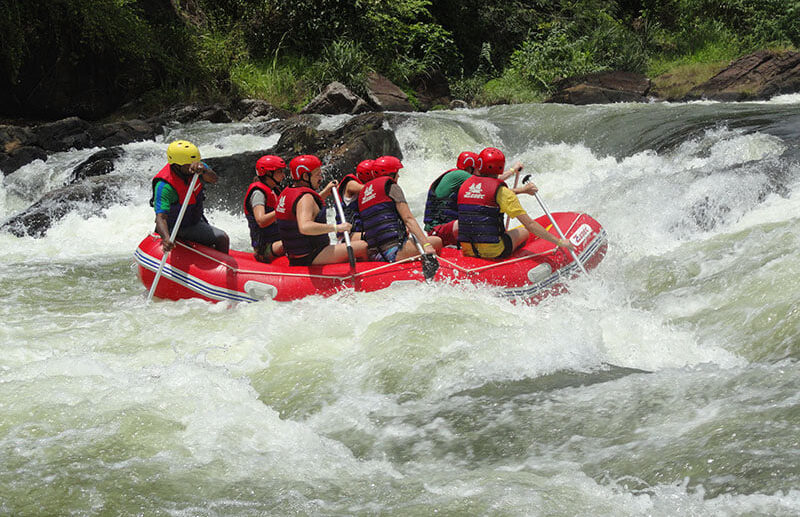
Nestled in the midst of Sri Lanka’s lush wet zone, the small town of Kitulgala is a paradise of green forests, rapids rivers, and misty mountains. But despite its minuscule size, this serene haven is one of the island’s best-kept secrets—cherished by nature lovers, adventure seekers, bird-watchers, and simply those looking for a relaxing retreat from the chaos of the cities. Located about 100 kilometers from Colombo, Kitulgala is close at hand but feels like another world—tranquil, green, and filled with the sounds of tropical bush.
A Place of Natural Beauty
Kitulgala is named after the Kitul palm tree (Caryota urens), which is common in the area and has been used by the locals for centuries to make jaggery (a type of unrefined sugar). The town itself lies along the shores of the Kelani River, the second-longest in Sri Lanka, which frames much of the landscape and lifestyle here. It receives a high rainfall and is considered one of the wettest places on the island. So much rain supports the dense rainforests, waterfalls, streams, and the dense green vegetation that surrounds the area.
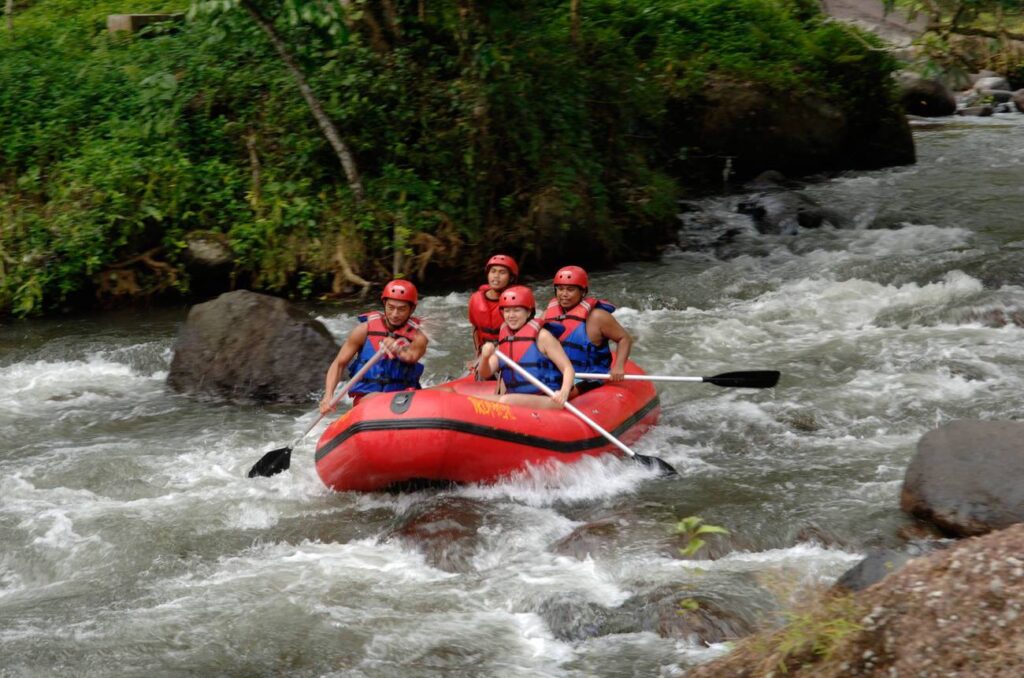
The lush landscape is not only scenic—it’s also bio-rich. The nearby Makandawa Forest Reserve, a nation-ancient rainforest, has a stunning diversity of flora and fauna, from endemic birds like the Sri Lanka Blue Magpie, Green-billed Coucal, and the Red-faced Malkoha to its rich fauna. It is little wonder then that Kitulgala is a paradise for birders and an ecological research hub.
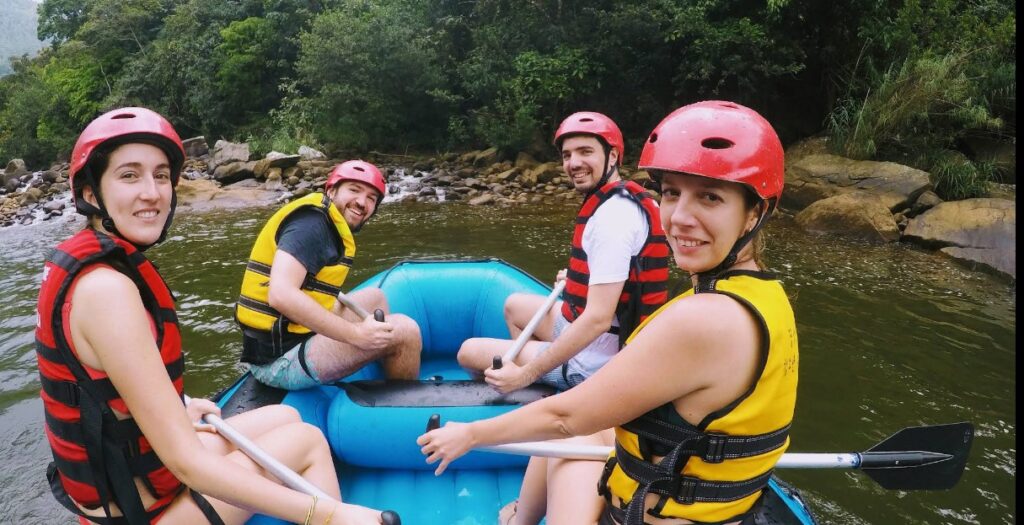
Adventure Capital of Sri Lanka
What actually puts Kitulgala on the map for the majority of travelers is its position as Sri Lanka’s adventure capital. The broad, untamed Kelani River that flows through the town sets the perfect backdrop for white-water rafting—the most popular pursuit by far here. From serene stretches to choppy rapids graded between grades 2 and 3, the river offers adrenaline for beginners and enough challenge for veterans.
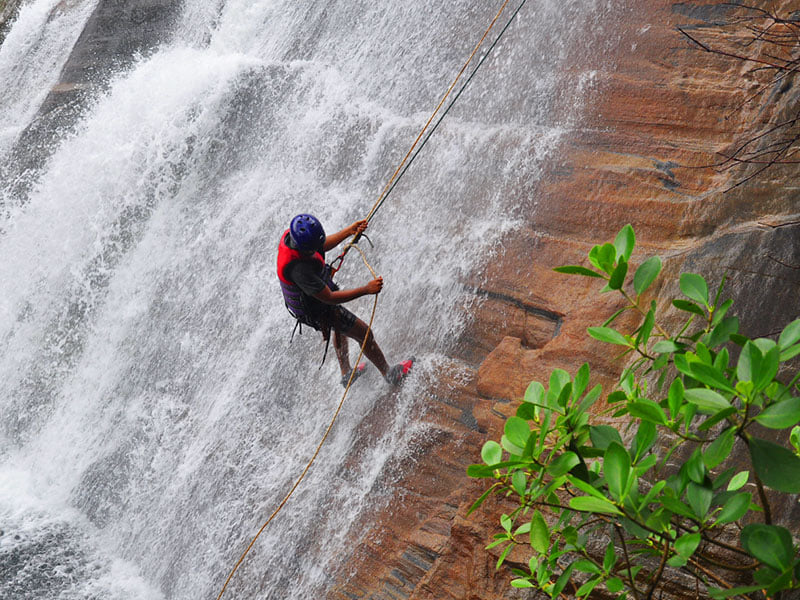
In addition to rafting, Kitulgala offers a full spectrum of adventure sports. You can try canyoning down forest streams, abseiling along waterfalls, mountain biking along jungle tracks, or zip-lining through the canopy. River kayaking, stream slides, and jungle trekking are also available. Local tour operators offer guided tours with qualified instructors, making these activities both thrilling and safe.
For cavers and adventurers, Belilena Cave is another treasure. This large prehistoric cave complex, just a short drive from town, is believed to have been inhabited by humans over 30,000 years ago. Excavations have uncovered stone tools, fossils, and remains of early man known as the Balangoda Man. Exploring the cave is like stepping into a page from history, with rock formations, bats, and echoes of the past.

A Cinematic Heritage
Kitulgala also has a surprising connection to the history of film. It was utilised in 1957 as the principal location of the Oscar-winning classic \”The Bridge on the River Kwai\” by David Lean. Even though the historic bridge was blown up intentionally during filming, remnants of the set remain even now along the river. Locals are fond of looking back at the days when British and Hollywood production crews would visit town, making the peaceful village a movie set. The town is still a magnet for film buffs and nostalgic travelers.
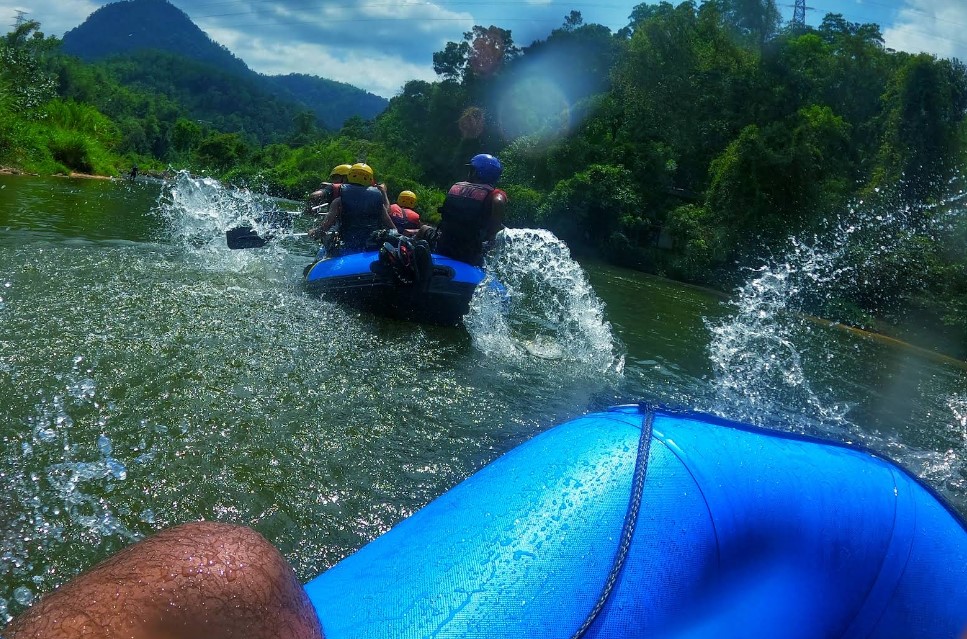
Eco-Tourism and Village Life
Kitulgala has become a hub of eco-tourism in recent years, with more lodges, eco-cabins, and riverbanks campsites aiming to marry convenience with sustainability. Most of them are run by local families or environmentally conscious owners who want to reduce their impact on the forest and wildlife. Sleeping in Kitulgala often means waking to bird calls, breakfast with a view of the river, and sleeping to the rhythm of rain on a tin roof.
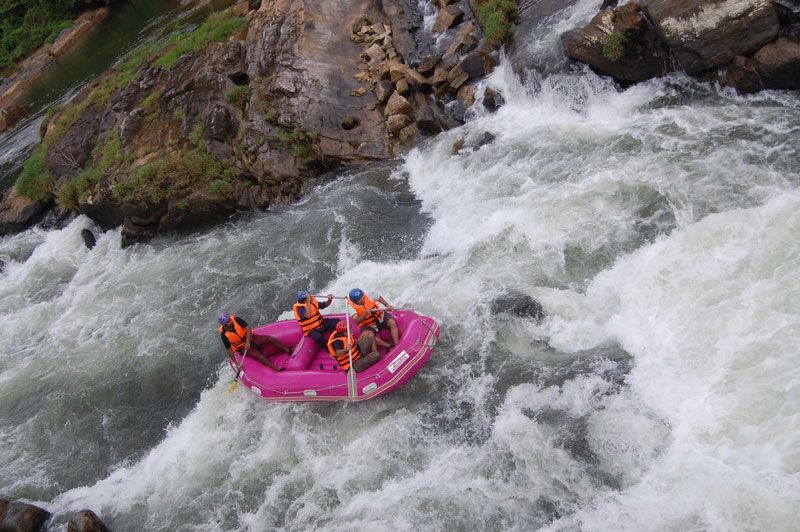
The food is plain, hot, and delicious. Food is in the form of rice and curry with fresh fruits and vegetables, lentils, river fish, and occasionally game meat. The regional specialties, kitul treacle and jaggery, are served either in desserts or as a natural sweetener. If you happen to be favored, you are treated to a little “kithul toddy,” slightly alcoholic drink derived from fermenting the sap of the Kitul palm.
Despite the growth in tourism, Kitulgala retains its quiet village atmosphere. The children splash in the river, farmers tend their fields, and monks walk barefoot to distant temples. Tourists are often welcomed warmly and with interest, especially those who take the time to learn about local culture.
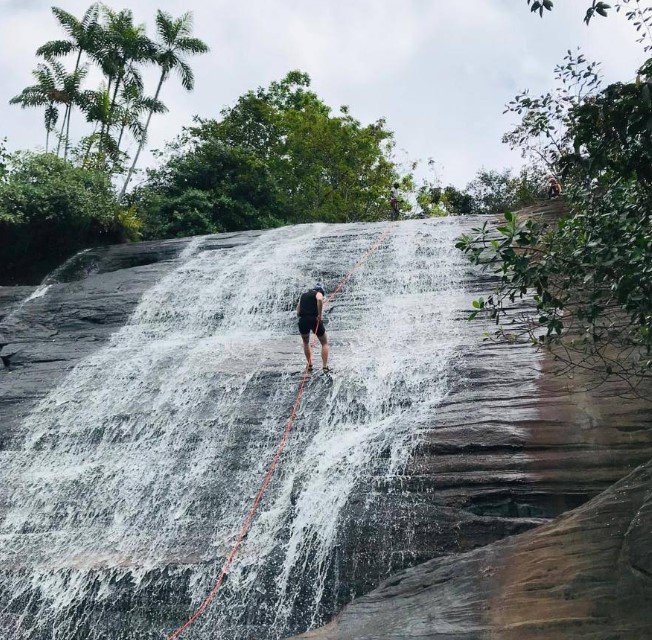
Conservation and Challenges
Like much of the natural world, Kitulgala suffers from environmental issues. Deforestation, pollution of waterways, and the impact of unrestricted tourism are concerns voiced by conservationists. Conservation is being weighed against tourism, and local operators are playing a growing role in reforestation, clean-up efforts, and wildlife tracking.
The delicate ecosystems of the area make it all the more important that visitors embrace responsible tourism. Whether it’s by avoiding plastic, staying on marked trails, or choosing ethical tour operators, small actions can help preserve Kitulgala for future generations.
Why Kitulgala Matters
Kitulgala is not a nature lover’s or an adventurer’s place only—it’s an alive realization of how adventure and conservation complement each other. It’s where, in the morning, you float down a river, by noon trek to a cave from ages ago, and by evening observe the sun falling behind misty hills. It’s where jungle rhythm blends into your heart’s rhythm, adrenaline blends into peacefulness.
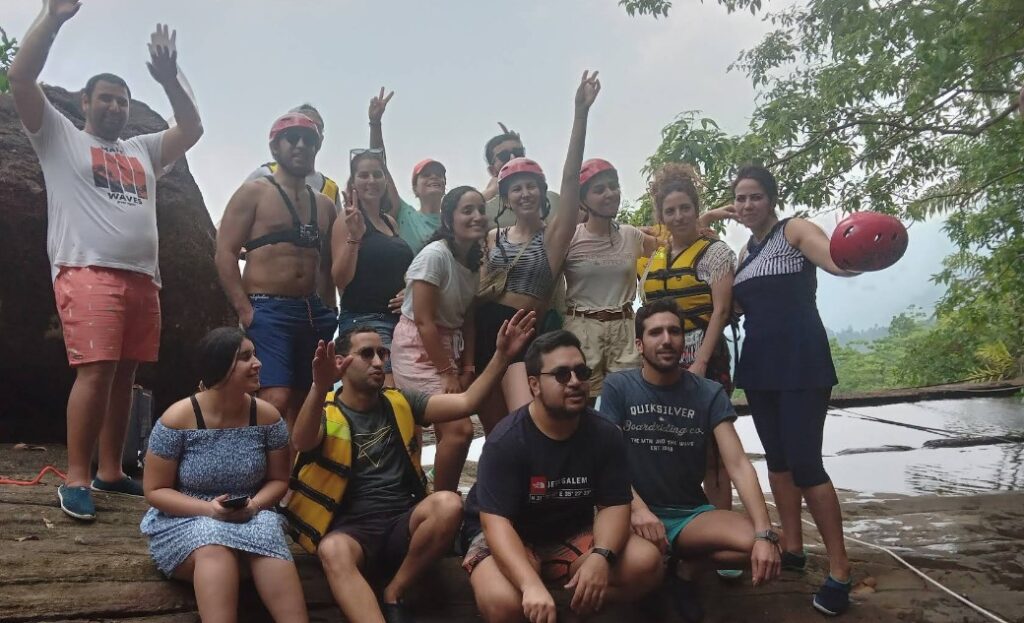
For the traveler who not only seeks meaning in what he or she observes, but also in what he or she experiences, Kitulgala has a kind of magic. Amidst the thunder of the rapids and the quiet of the forest, there is a call to connect: to nature, to history, and to the quieter parts of yourself.
By Private Taxi or Car
The most convenient and comfortable option is to hire a private taxi or self-drive. The journey typically takes around 2 to 3 hours, covering a distance of approximately 95 km. Taxi fares range from LKR 5,557 to LKR 7,387, depending on the service provider and vehicle type
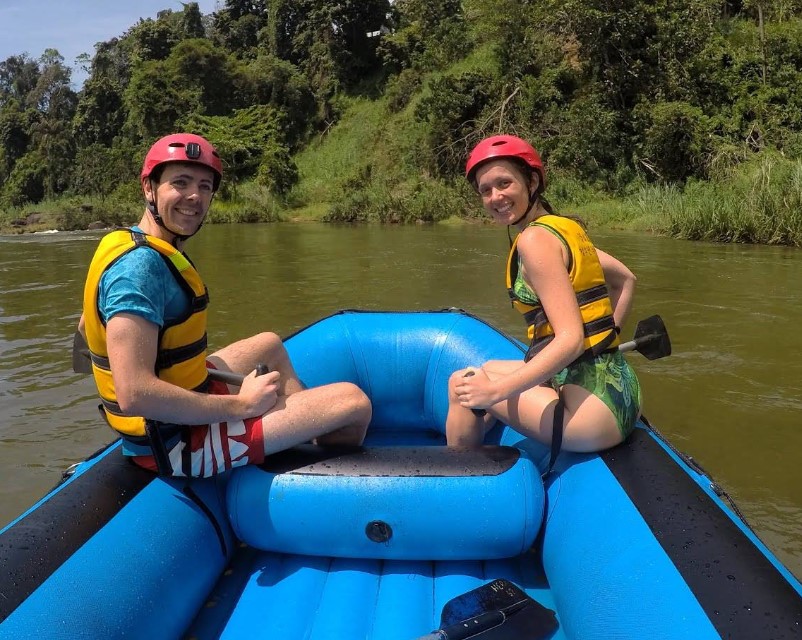
By Public Bus
For budget-conscious travelers, public buses are available from Colombo to Kitulgala. Buses depart from the Pettah Central Bus Stand and travel via Hatton. The journey takes about 3 to 4 hours, and fares are approximately LKR 150–250. From Hatton, you can take a tuk-tuk or taxi to Kitulgala.
By Train
While Kitulgala doesn’t have its own train station, the nearest station is in Avissawella, about 30 km away. From Avissawella, you can take a bus or taxi to Kitulgala. The train journey offers scenic views, especially when traveling from the hill country.
By Air
For a quicker and more luxurious option, consider chartering a helicopter to the nearest helipad, followed by a short drive to Kitulgala. This mode of transportation is ideal for those who value time and comfort.
Travel Tips:
- Best Time to Visit: The ideal months are from December to March, as this period experiences the driest weather.
- Weather Considerations: Kitulgala is a rainforest region, so occasional rain showers can occur even during the dry season.
- Local Attractions: Kitulgala is renowned for white-water rafting on the Kelani River, jungle trekking, bird watching, and exploring the filming location of the 1957 Academy Award-winning film “The Bridge on the River Kwai.
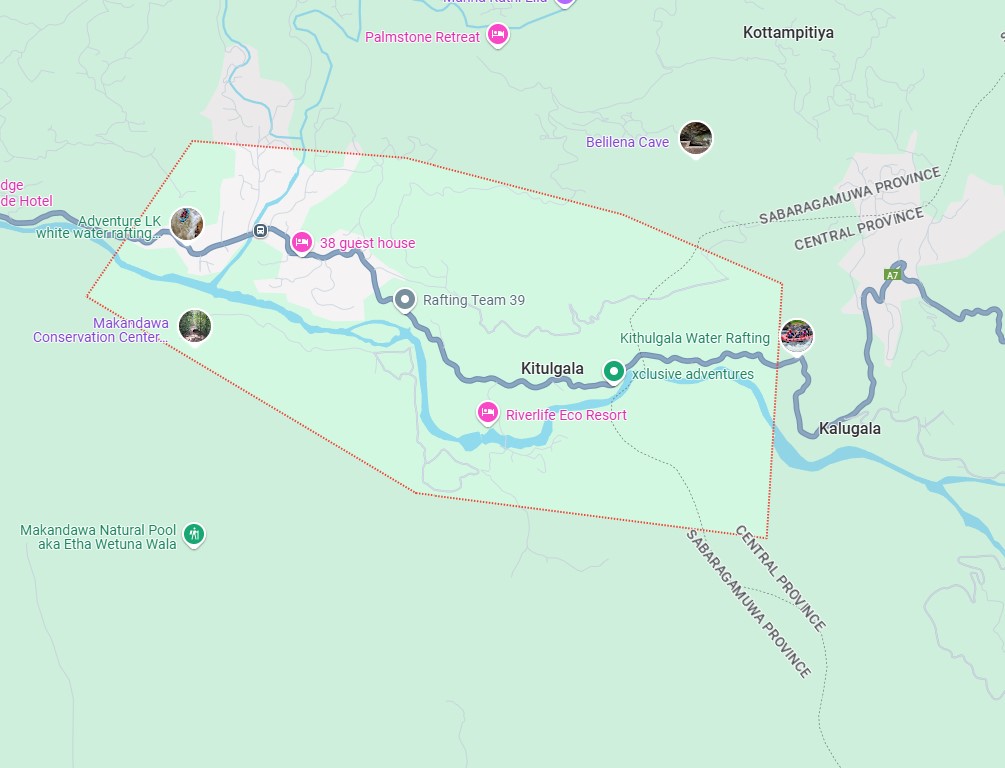

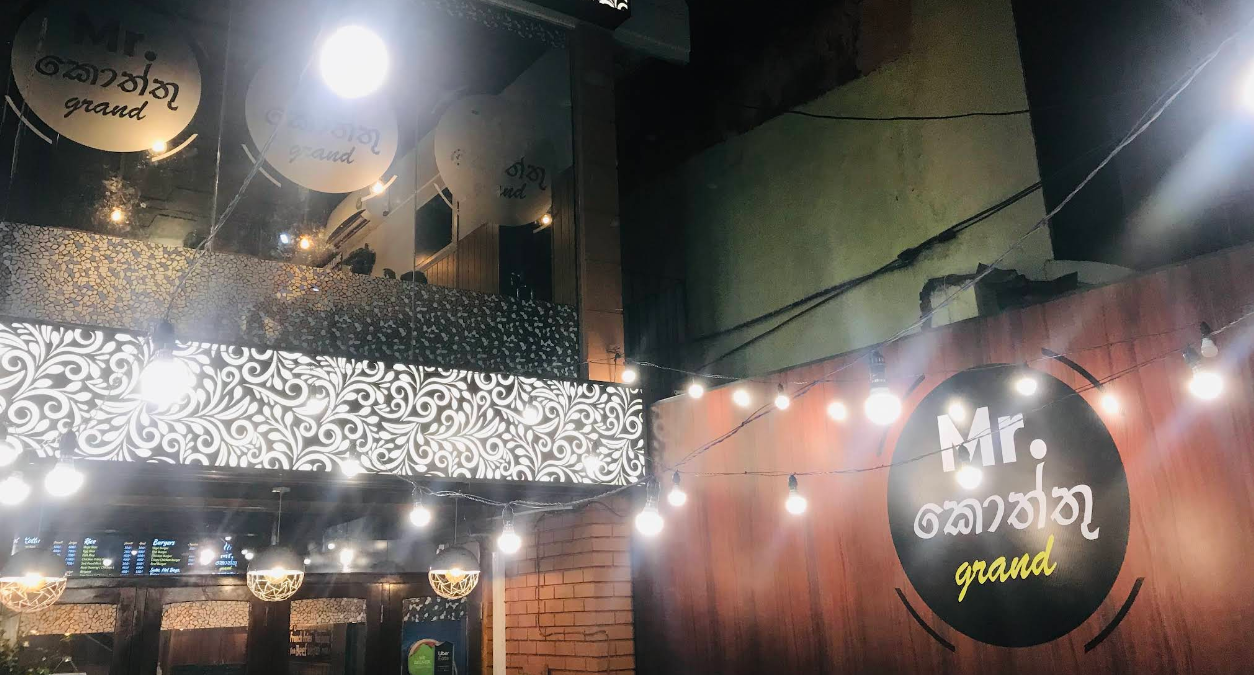

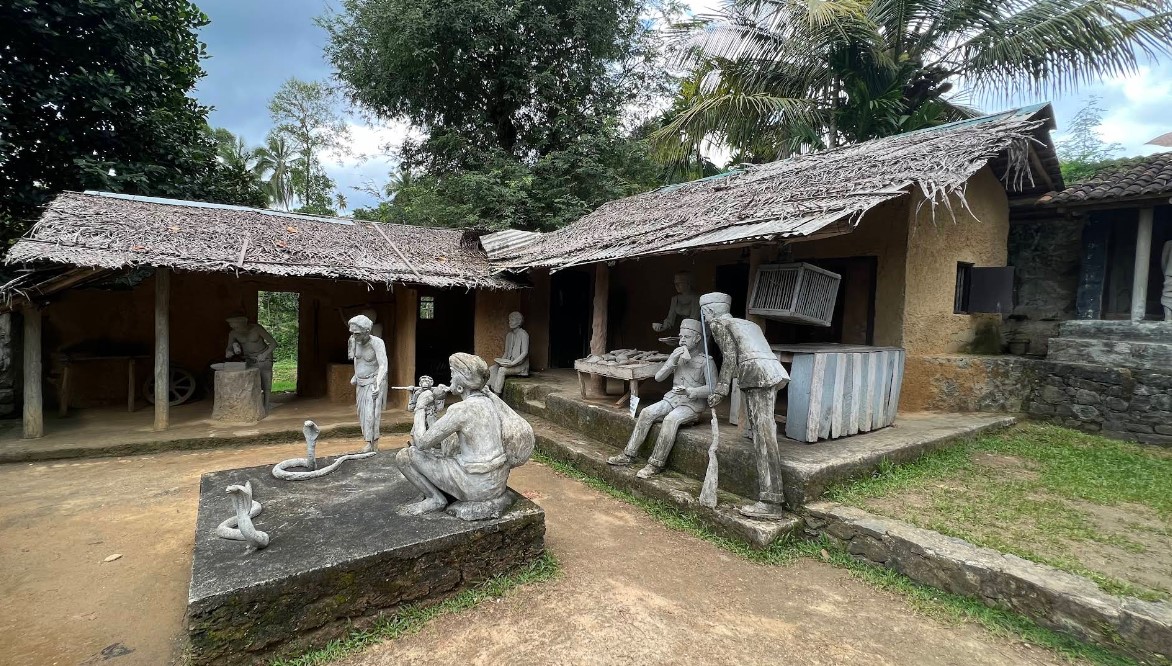
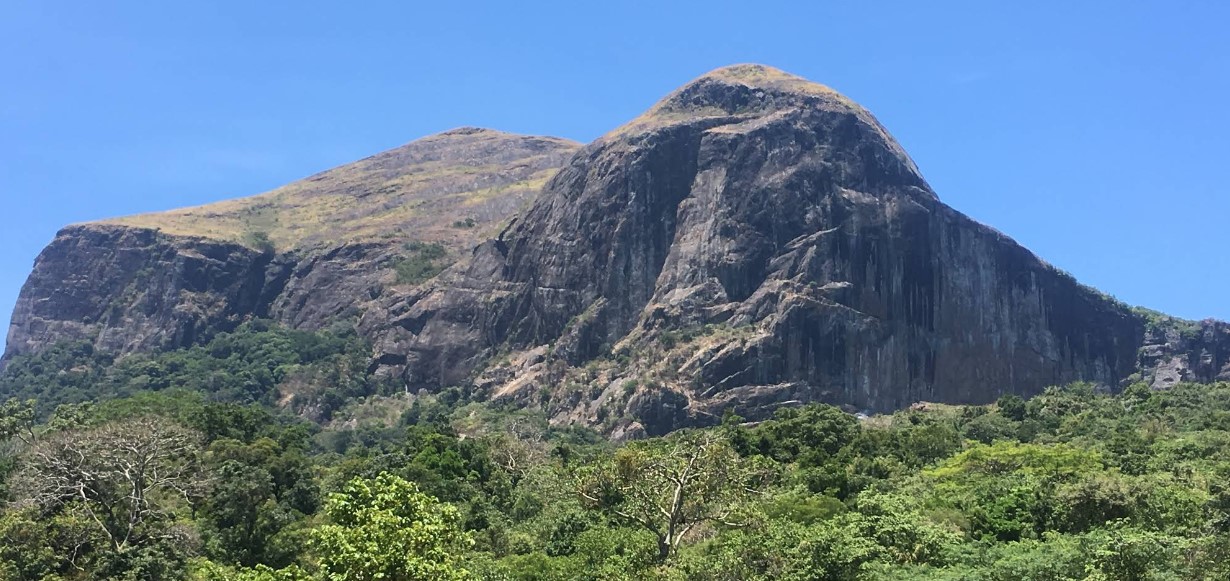
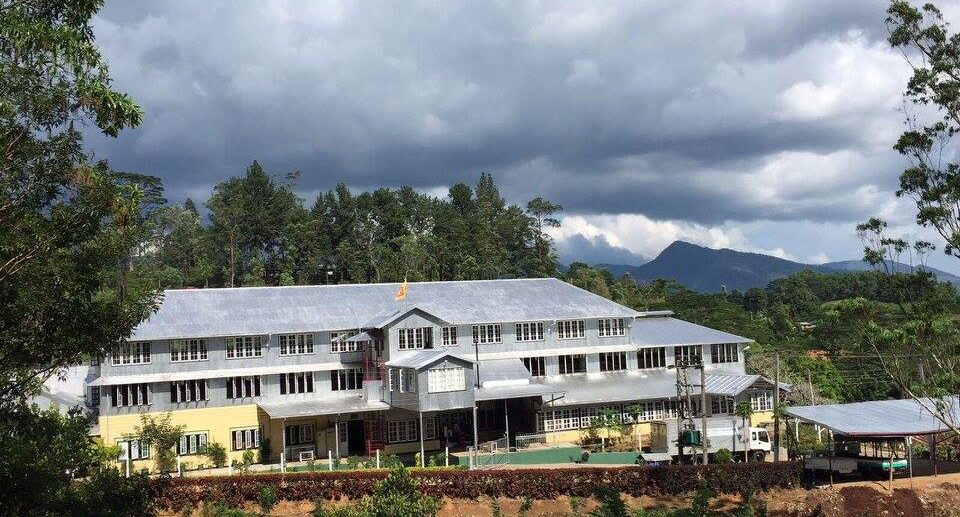
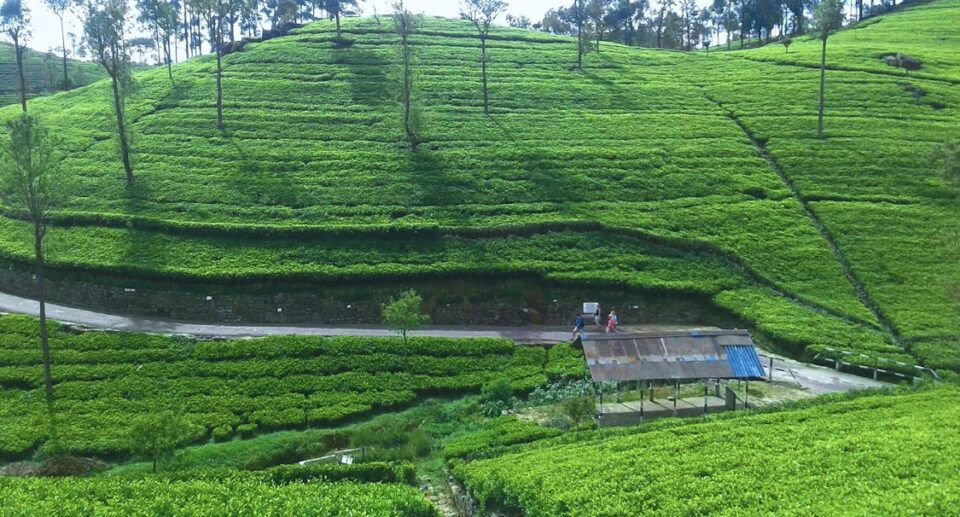
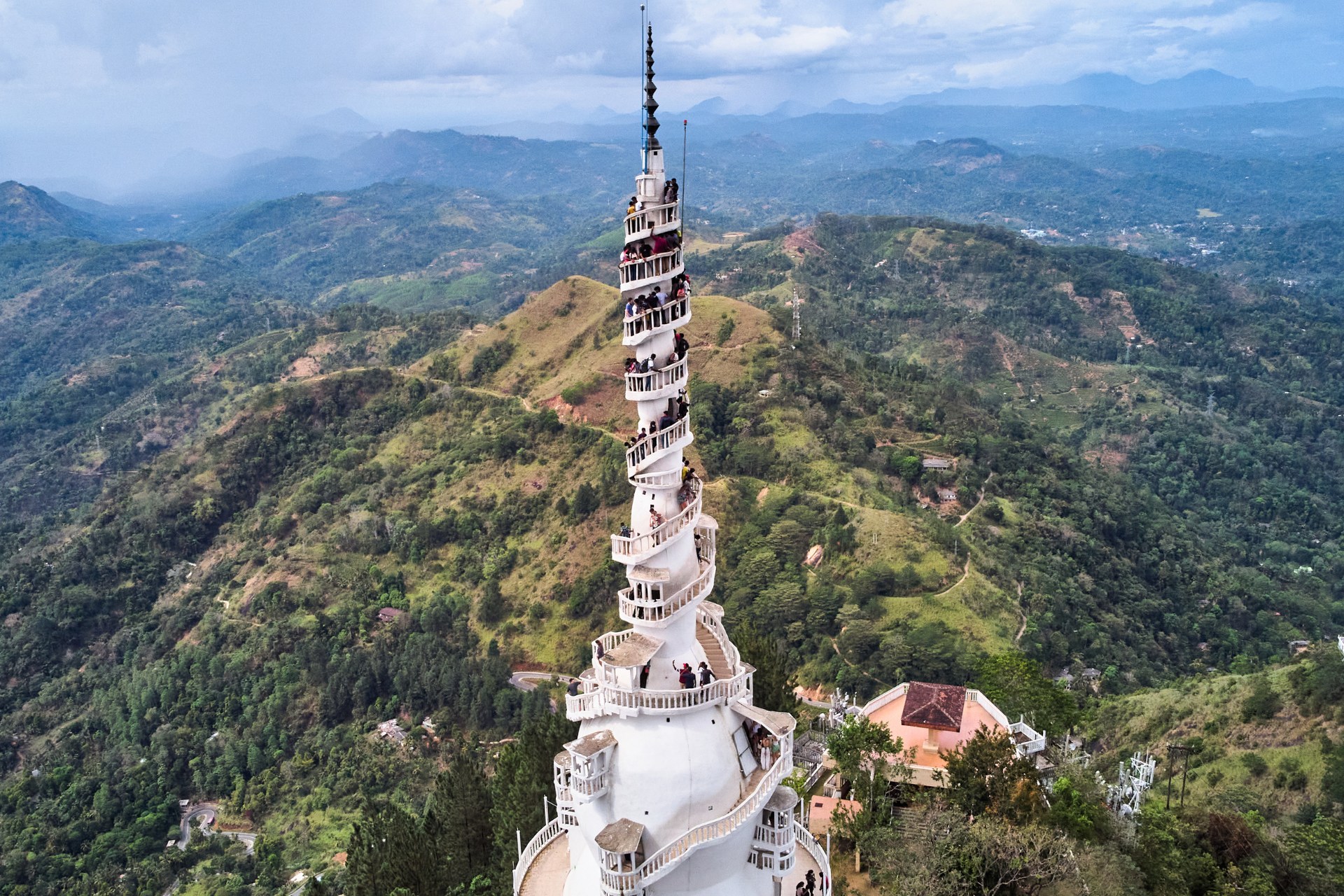

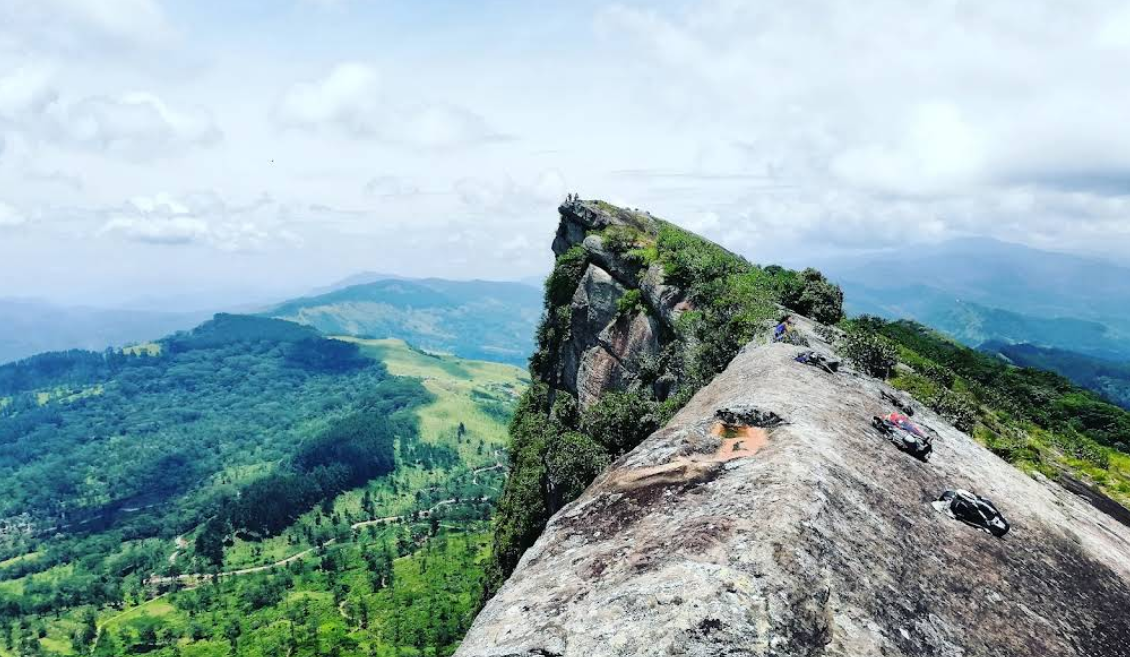
1 Comment
very interesting subject , great post.